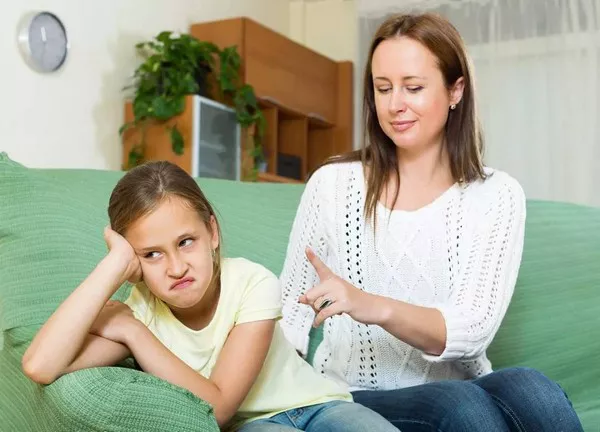Valerie Huhn, Director of the Missouri Department of Mental Health, addressed the State Board of Education regarding the escalating mental health needs of children in the state. Highlighting the surge in mental health challenges among children, Huhn drew attention to the fact that mental health issues are now being equated to physical injuries in terms of their urgency and necessity for intervention.
Expressing concern over the profound impact of childhood maltreatment, including emotional, physical, and sexual abuse, as well as neglect, Huhn emphasized the enduring repercussions on individuals’ mental and physical health into adulthood. She underscored the need for proactive measures to address the underlying factors affecting mental health and stressed the importance of open discussions around mental health issues.
Citing studies indicating a significant rise in depression and anxiety among children over the past decade, Huhn pointed to the escalating use of social media as a contributing factor. She noted that excessive social media usage, particularly among teenagers, has been linked to heightened risks of mental health problems such as depression and anxiety.
Board members echoed Huhn’s concerns, emphasizing the need for increased awareness and education on the importance of face-to-face social interactions. They highlighted the decline in in-person social interactions among young people and advocated for initiatives to promote healthier social connections.
The discussion also addressed the shortage of mental health professionals in Missouri, with Dr. Cla Stearns emphasizing the need for alternative approaches to address the gap in mental health services. Suggestions included providing parent education to equip them with the skills and knowledge to support their children’s mental well-being effectively.
In light of these discussions, the U.S. Surgeon General’s recommendations for both parents and caregivers and government agencies were cited as valuable guidelines for addressing the growing mental health needs of children. These recommendations include creating tech-free zones, modeling responsible social media behavior, establishing leadership positions to drive pro-connection policies, and expanding and strengthening mental health crisis services.
The conversation underscored the urgent need for collaborative efforts between government agencies, educational institutions, healthcare providers, and communities to address the mental health challenges faced by children in Missouri and beyond.





















